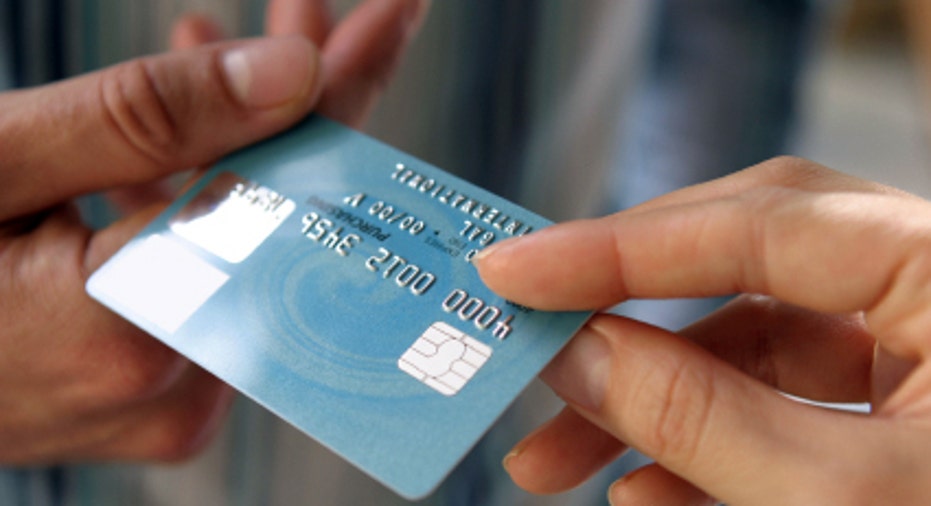Tips for Getting that First Credit Card

Dear Opening Credits,I have never had a credit card before, and have really never used my Social Security number for much of anything. What kind of credit card do you recommend that I start with? -- Amobi
Dear Amobi, Sometimes the most basic questions are the ones that need addressing more than any others. Just how do you get a credit card when you've never had one before and even your Social Security number hasn't been used much? I'll start from the beginning and take you all the way home.
Who issues credit cards. Banks, credit unions and credit card companies all grant credit cards to qualified individuals. These products are like loans, but instead of borrowing a set amount all at once and then repaying in equal installments until you're eventually at a zero balance, you're given a credit line to use in a far more flexible way. That line is the maximum amount you may borrow, and can range from a few hundred dollars to tens of thousands. The issuer sets the terms, which include a credit line, annual percentage rate (APR) and number of days you have to send a payment before the interest-free grace period expires (around 30 days).
How to use it. When you get a card, you can start to charge immediately. You may shop with it at a store, order over the telephone or enter the data online to buy something from a Web retailer. You can use it as often as you like, as long as you don't exceed the credit limit. In about 30 days, you'll receive a bill. It will indicate what you charged and where, as well as the total of what you owe. While it's recommended that you pay in full, you do have the option to send at least the requested minimum payment, which is usually about 2 percent of the balance. Interest will be added to any remaining balance that you roll over to the next month and the higher your APR, the more in finance fees you'll pay.
What the issuer does with your credit card information. What you do with the card is no secret. The issuer sends all of your activity, including the credit line given to you, the amount you currently owe and whether you've made on-time or late payments, to the three major credit reporting bureaus -- Experian, Equifax and TransUnion. These companies compile your data into credit reports that they make available to others who may have a business interest in you. To make it even easier for those who want to know how you've been managing your credit, a credit scoring company takes all your financial data listed on the reports and translates it into a score. That number is the quick and easy way for a lender to know what kind of borrower you are.
How to qualify. Since it appears you've never been extended credit before, you probably don't have a credit report full of information that proves you're responsible, or a credit score that backs it up with a number. In fact, you most likely have a blank slate, and consequently a credit card issuer has no real way of guessing whether you'll be a good account holder.
But all is not lost! With your not-much-used Social Security number (which just identifies you as being you), a decent and steady income and a small amount of money, you can probably get a secured credit card. By putting a few hundred dollars down as collateral on one of these cards, the issuer can be assured that lending you money is a safe thing for them to do. If you default (don't pay), they can just take the money you put down as your security deposit. Check out the secured cards that are currently being offered to people with a thin credit profile. Apply for the one that looks right for you and then wait. When you're approved, fantastic: you're ready to charge.
Now, always keep in mind two major factors:
Eventually you may want to get another card or loan. Your excellent history with the first will make you attractive to all others that follow.
See related: How to use the grace period to avoid paying interest, FICO's 5 factors: The components of a FICO credit score



















